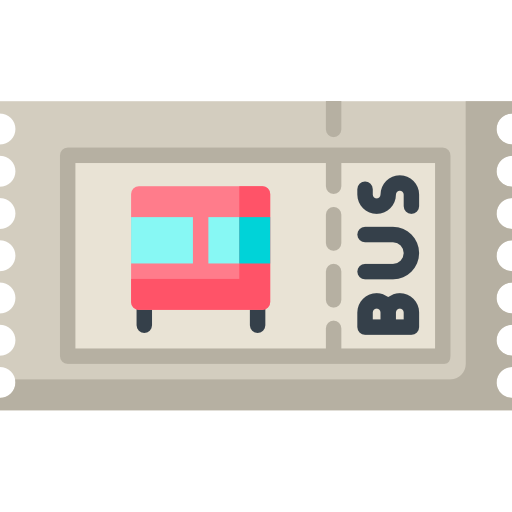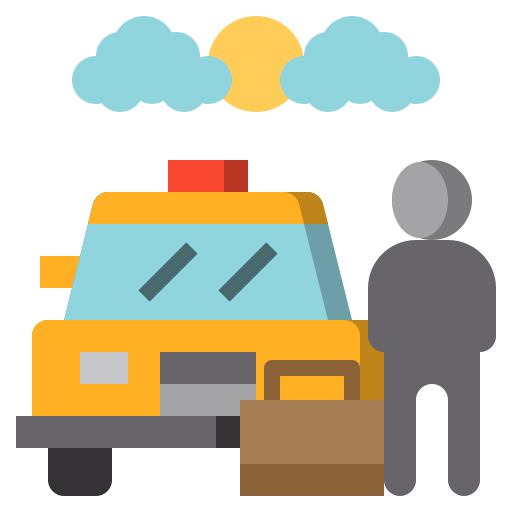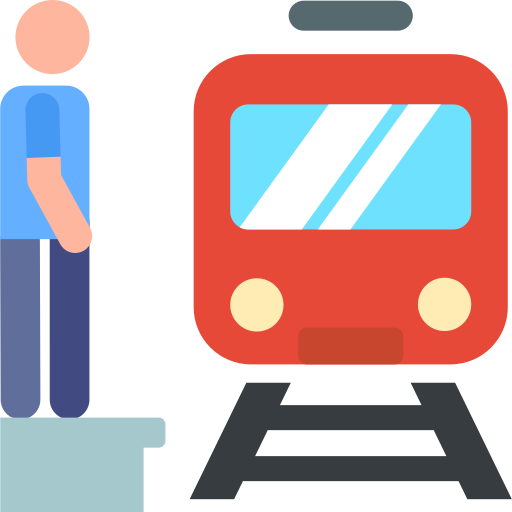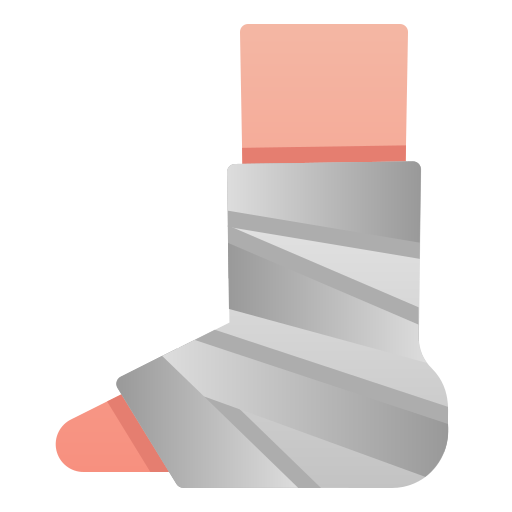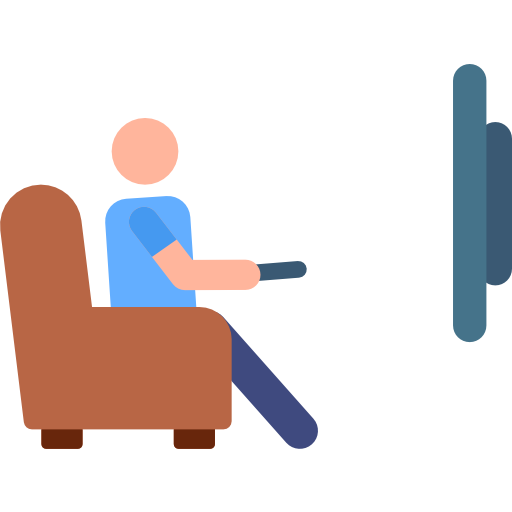PART A_1
Let’s introduce ourselves to each other.
PART A_2
My name is ________________. What is your name?
PART A_3
I am ________________. Nice to meet you.
PART A_4
Nice to meet you too, ________________. When is your birthday?
PART A_5
PART A_6
I see. Now, let’s begin our lesson!
PART B_1
We will read aloud the words and expressions below. Please repeat after me.
I will check your pronunciation.
I will check your pronunciation.
(Please send the mispronounced words and expressions to your student.)
PART B_2

|
plates
皿
|

|
sofa
ソファー
|

|
second floor
2階
|
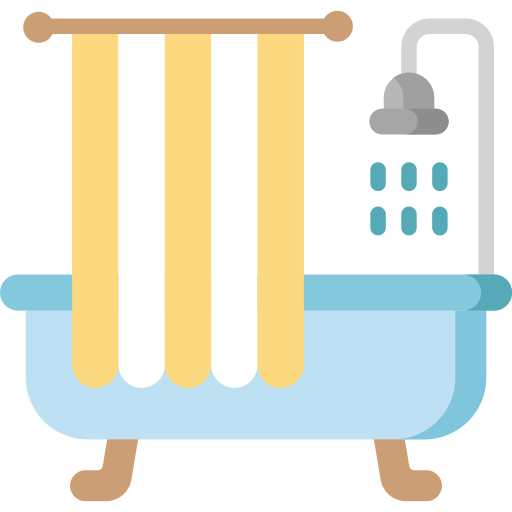
|
bathroom
浴室
|
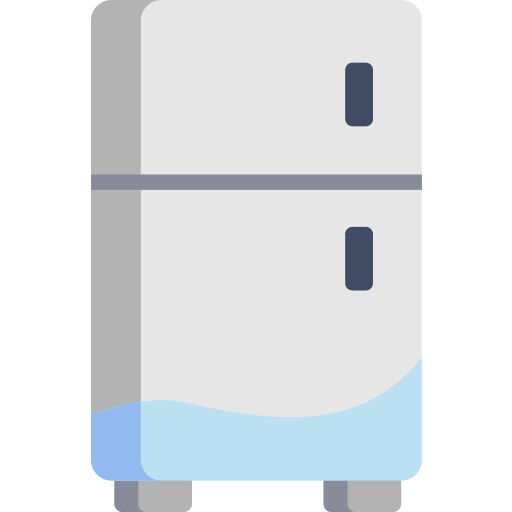
|
fridge
冷蔵庫
|
PART B_3
Now, let’s review some words from part B_2.
(Please review the mispronounced words and expressions from part B_2.)
PART B_4
PART C_1
We will read aloud the sentences below. I will check your pronunciation and intonation.
(Please send the mispronounced words and expressions to your student.)
PART C_2
| 1. | Where can I get the plates? |
| 2. | Please have a seat on the sofa. |
| 3. | The bathroom is on the second floor. |
| 4. | There is some orange juice in the fridge. |
| 5. | My pet is under my bed now. |
| 6. | I have four pillows on my bed. |
PART C_3
Now, let’s review some words and expressions from part C_2.
(Please review the mispronounced words and expressions from part C_2.)
PART C_4
PART D_1
Let’s do a role play with the given situations. You should mention the items below during the conversation.
PART D_2
| Situation 1: |
Your host mother/father asks you to help her/him prepare the table. Please ask her/him where you can get the plates, spoons, and forks.
(Your tutor will pretend to be your host mother/father.)
|
| Items: | __________ I get the plates? |
| ___________ the spoons and forks? | |
| __________ should I put the bag? |
PART D_3
| Situation 2: |
Your friend visited your house. Please tell him/her about your house.
(Your tutor will pretend to be your friend.)
|
| Items: | ___________ a seat on the sofa. |
| ___________ is on the second floor. | |
| I have a ____________ in the backyard. |
PART D_4
| Situation 3: |
Your cousin brought you a cake. Kindly thank him/her and offer something to drink.
(Your tutor will pretend to be your cousin.)
|
| Items: | _____________ for bringing me a cake. |
| You may put ____________ on the table. | |
| There is some orange juice _________________. |
PART D_5
| Situation 4: |
Your host sister/brother wants to see your new pet. Please tell him/her about it.
(Your tutor will pretend to be your host sister/brother.)
|
| Items: | _____________ name is Inu. |
| I ____________ Inu from the dog shelter. | |
| _____________ under my bed now. |
PART D_6
| Situation 5: |
Your classmate visited your house. Please show him/her your room by using the picture below.
(Your tutor will pretend to be your classmate.)
|
| Items: |

|
PART D_7
Now, let’s review your answers.
(Please review your student’s answers by sending the correct answers in complete sentences. After that, ask your student to read aloud his or her corrected answers.)
PART D_8
PART E_1
Let’s do a free talk.
(Please do a free talk if you have time left.)
PART E_2
Tell me about your favorite part of the house.
PART E_3




